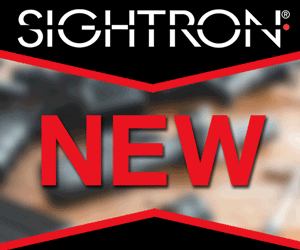Indy_Guy_77
Grandmaster
- Apr 30, 2008
- 16,576
- 48
Rule of thumb for an electronic scale: Leave it on all the time
They all seem to be more stable and read better the longer they're on.
Be sure your area is free of drafts. Or use a "cake cover" to mitigate drafts' effects on the scales.
Get a good set of proof or check weights. Get a low weight (lower than you'll ever need) a high weight (higher than you'll ever need) and one right in the weight range you'll need (if you can find one...)
Don't handle the proof weights with bare fingers, use either forceps or clean gloves. Hand dirt CAN influence the weight and you can end up throwing things off.
Be sure to "tare" your scale often...be sure you're starting at zero!
(we use high-dollar electronic scales at work that are capable of measuring, reliably, down to 1 microgram. How big of a "something" is a microgram? Just about the littlest piece of dust you can discern with MY naked eye is ~ 4mcg...)
-J-
They all seem to be more stable and read better the longer they're on.
Be sure your area is free of drafts. Or use a "cake cover" to mitigate drafts' effects on the scales.
Get a good set of proof or check weights. Get a low weight (lower than you'll ever need) a high weight (higher than you'll ever need) and one right in the weight range you'll need (if you can find one...)
Don't handle the proof weights with bare fingers, use either forceps or clean gloves. Hand dirt CAN influence the weight and you can end up throwing things off.
Be sure to "tare" your scale often...be sure you're starting at zero!
(we use high-dollar electronic scales at work that are capable of measuring, reliably, down to 1 microgram. How big of a "something" is a microgram? Just about the littlest piece of dust you can discern with MY naked eye is ~ 4mcg...)
-J-




